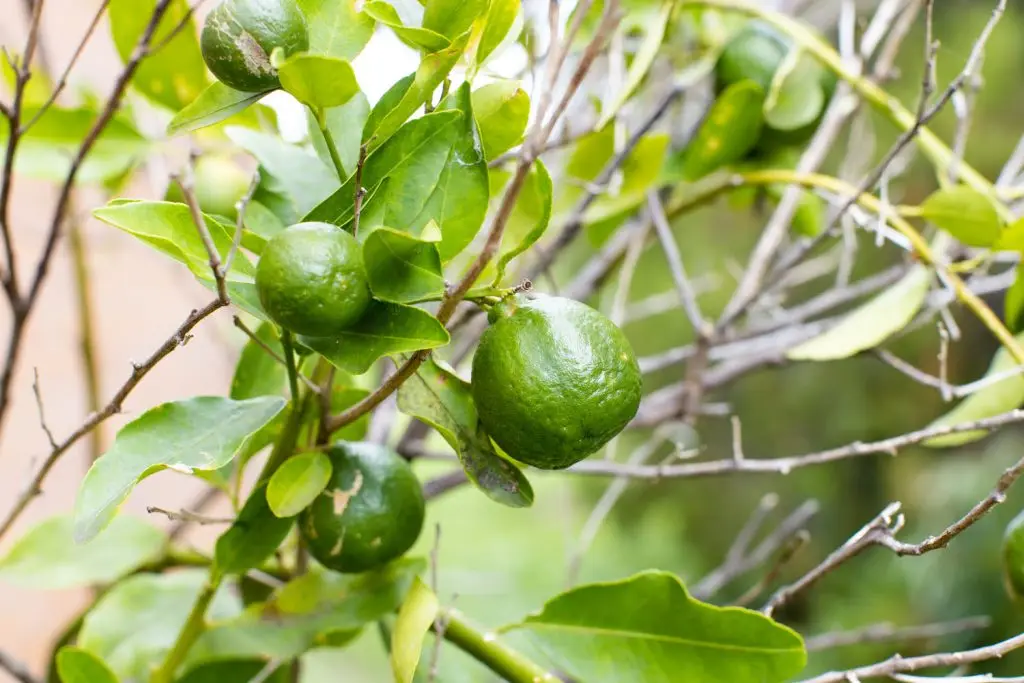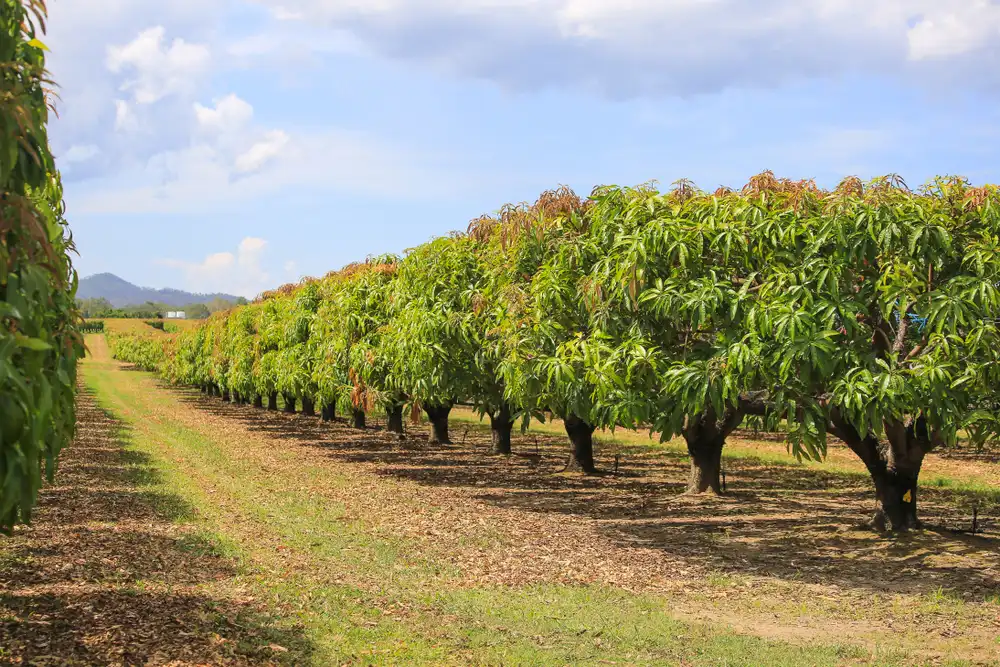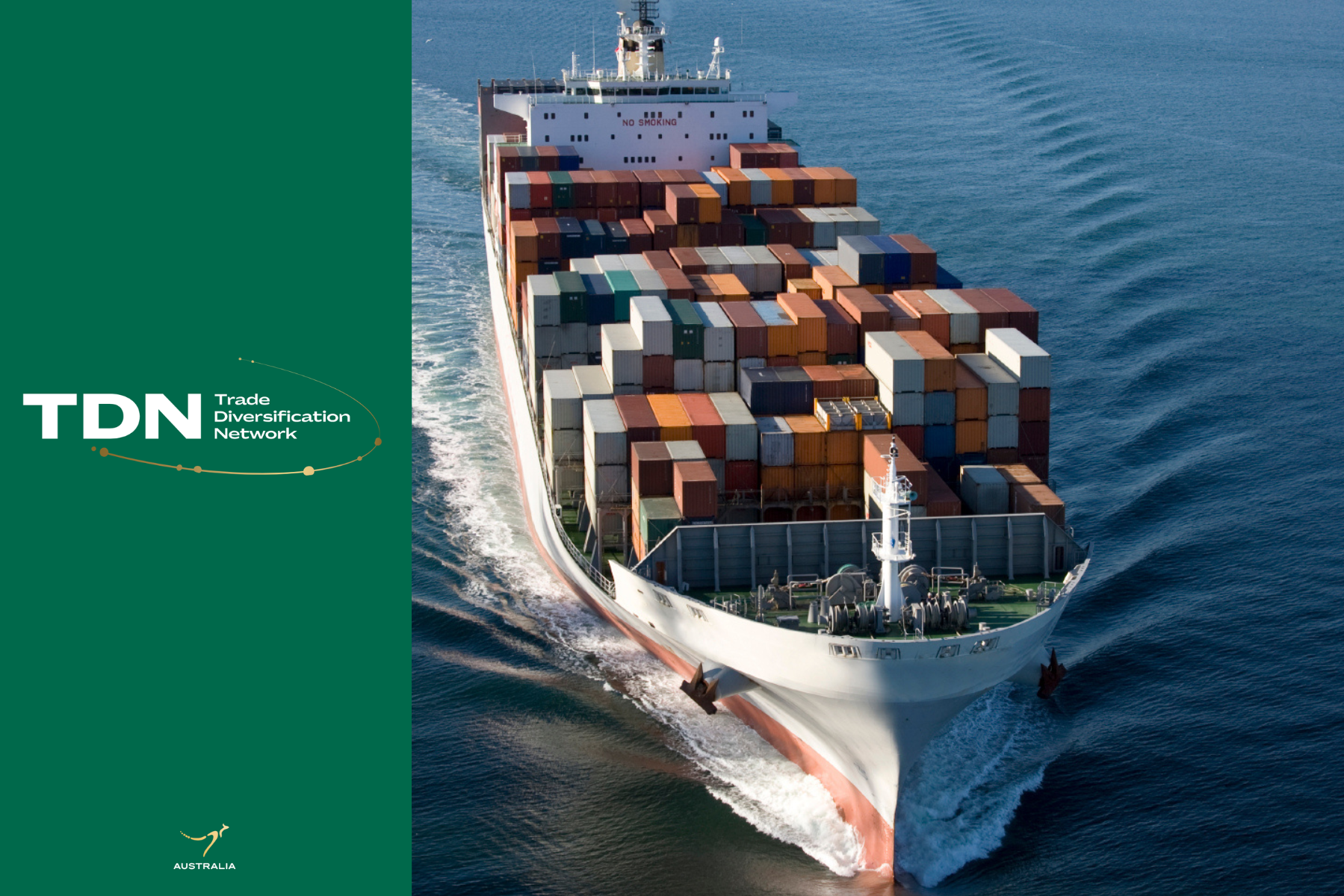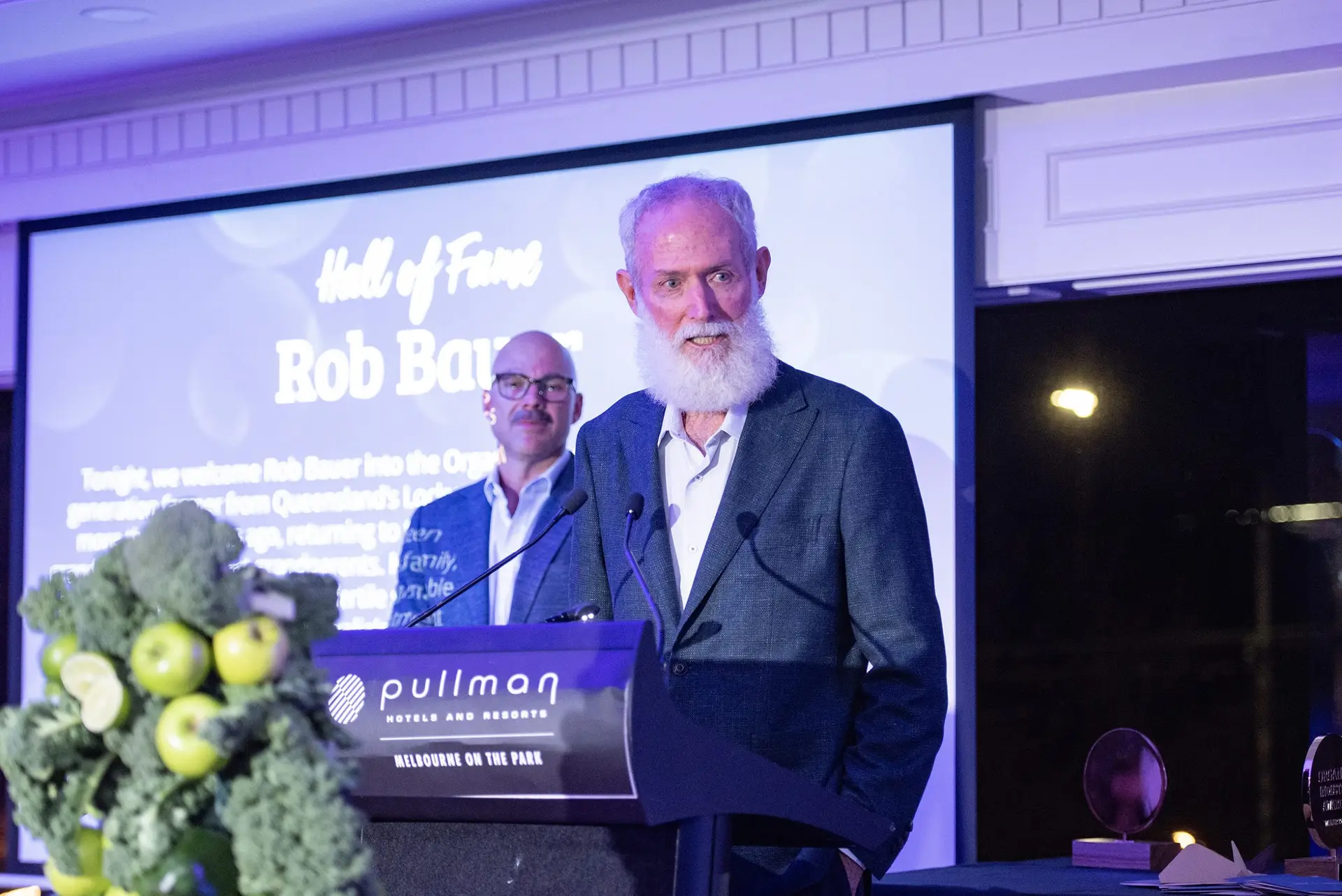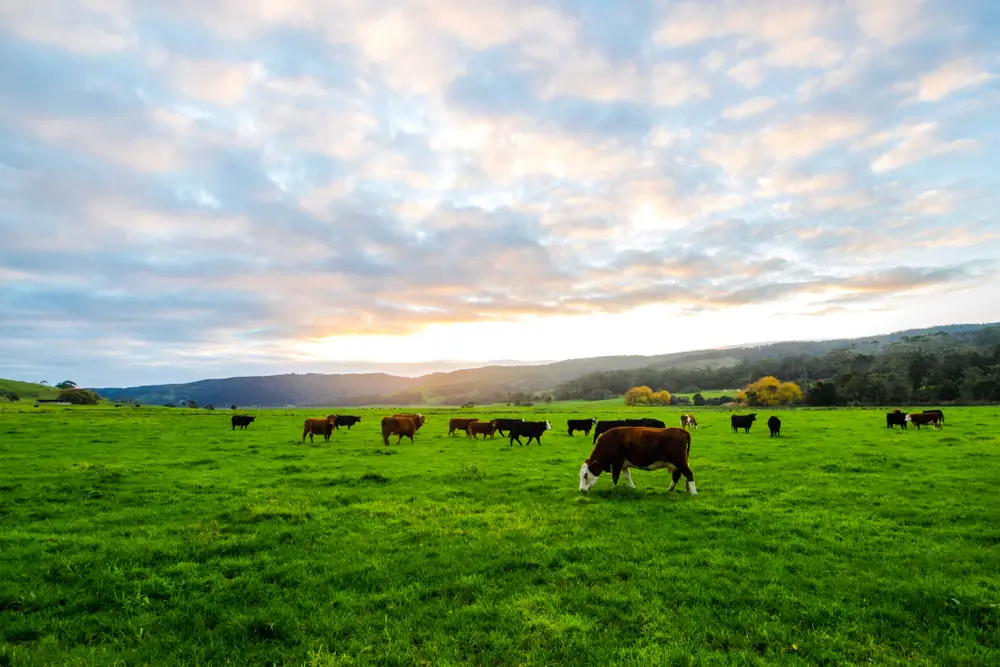THE two largest bodies representing Australia’s certified organic sector have welcomed the announcement from the Federal Government that it is opening negotiations with China on greater market access for organic goods.
China is the world’s sixth-largest market for organic products while Australia is the international leader in land area dedicated to organic production at 53 million hectares, or approximately 69% of the global total.
Australian Organic Limited (AOL) Chief Executive Officer, Jackie Brian, said the Letter of Intent (LOI) signed by the Minister for Agriculture, Fisheries and Forestry, Julie Collins, and her counterpart in China, was a promising development that would allow the two governments to negotiate equivalency arrangements for certified organic goods.
“Australia currently only has four certified organic equivalency arrangements in place with international partners – Taiwan, the European Union, Japan and Switzerland – so this next step towards equivalency with China has the potential to be a major springboard for our industry,” Ms Brian said.
Equivalency arrangements allow governments to recognise each other’s existing standards, meaning local producers could rely on the Australian Organic export standard instead of having to seek additional organic certification within China.
National Association for Sustainable Agriculture Australia (NASAA) General Manager, Damien Rankine, said it has the potential to reduce both the complexity and cost currently faced with overseas certification.
“The elimination of this barrier could well be the trigger that many Australian producers were waiting for, and grow what is already a significant industry, a large employer and a major contributor to the Australian economy,” Mr Rankine said
The Organic Milk Company CEO, Ryan Reynolds, said business decisions on whether to export were heavily influenced by market access barriers.
“We spent almost two-and-a-half years trying to get all our suppliers, all 35 farmers, and factories certified to the Korean standard only to uncover that there wasn’t an opportunity to be able to do that because of some of the barriers regarding inputs that we couldn’t get through,” Mr Reynolds told a recent federal parliamentary inquiry into agricultural exports to Southeast Asia.
“It’s a real challenge for industry and particularly in my industry, dairy.
“To have certified organic equivalency arrangements in a market the size of China, which has a voracious appetite for high-quality dairy products, would be a massive opportunity.”
The development between the two governments highlights the ongoing campaign by the Australian organic industry for greater regulation of the domestic organic industry, which currently has no legislated standard.
“It’s a strange situation but if you want to export organic products you must meet the export standard, and yet there is no legislation on what constitutes ‘organic’ for domestic sale,” Ms Brian said.
Ms Brian said Australia was the last OECD nation without a domestic standard.
“The negotiations with China are very welcome and we hope to see more equivalency agreements in place, but we know this process would be expedited if the Australian organic export also became the regulated domestic standard.”
